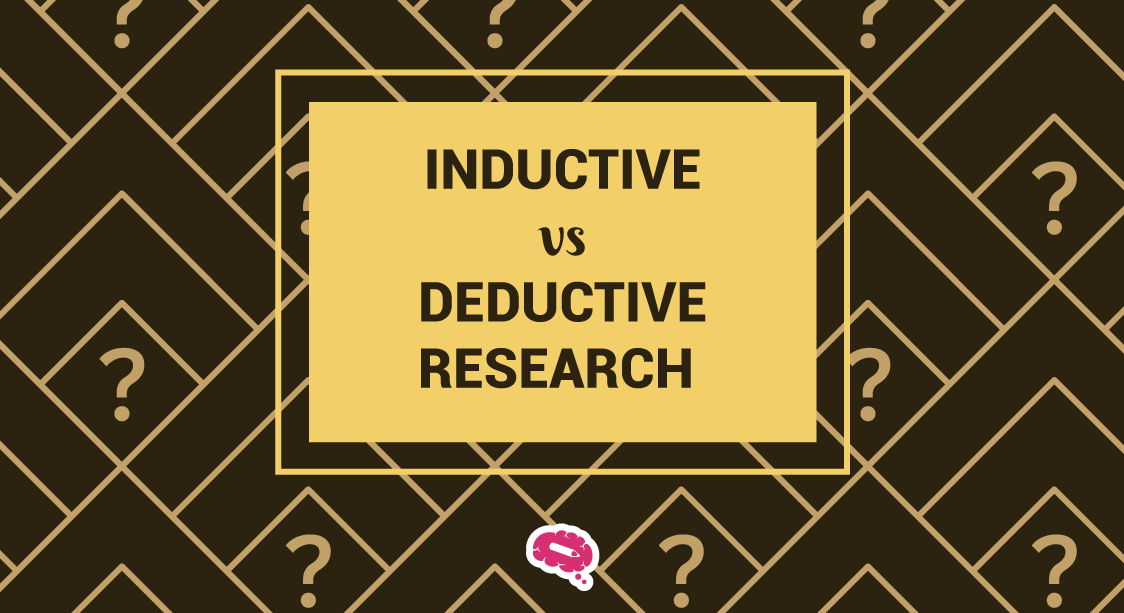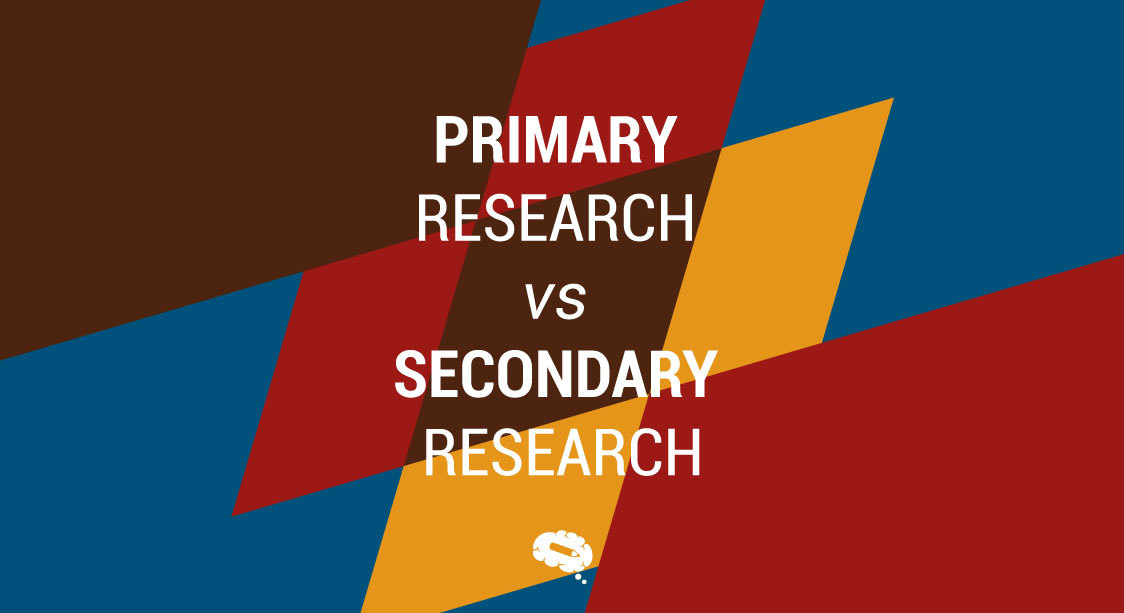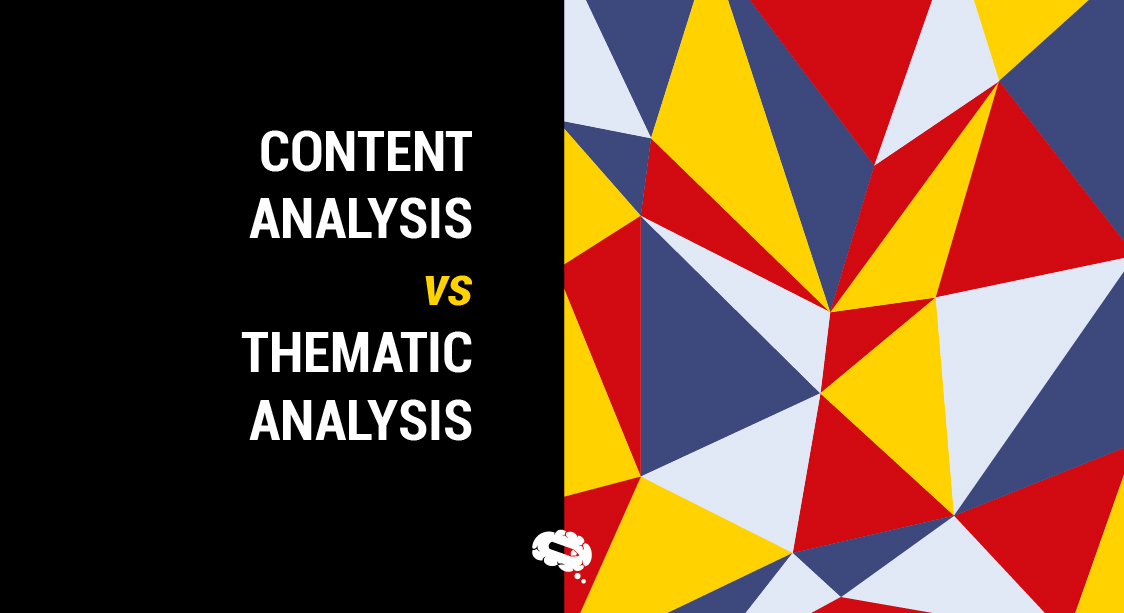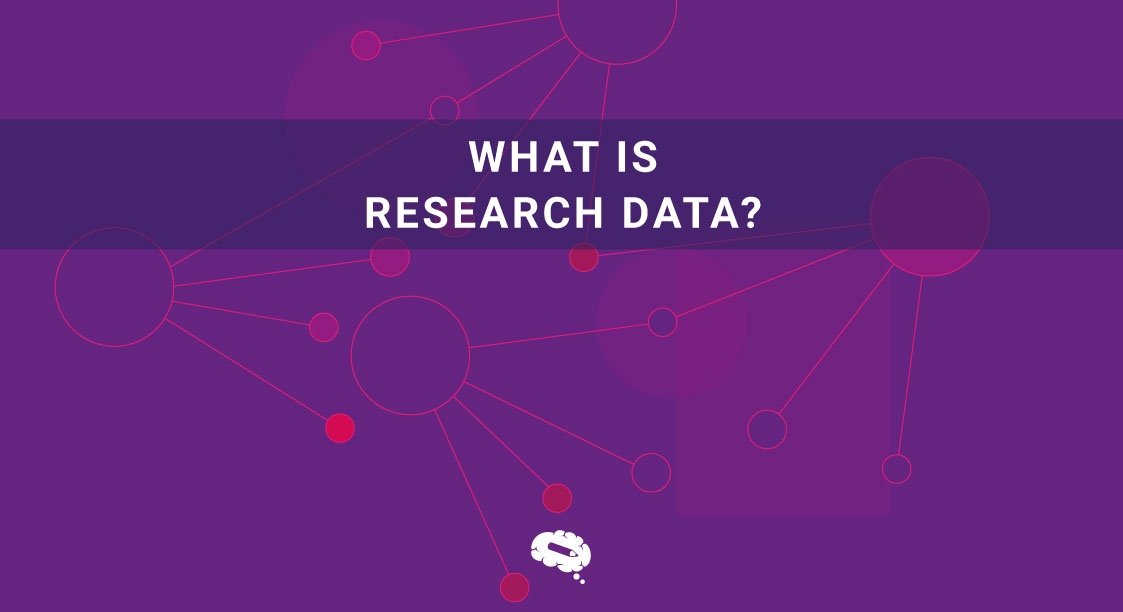Inductive research involves deriving generalizations from specific observations, while deductive research involves testing hypotheses based on existing theories. Inductive vs Deductive Research is a common topic in research methodology, referring to two distinct approaches to data analysis. Both methods have their unique advantages and disadvantages, and choosing the right approach can greatly impact the results of a research study.
What is Inductive Research?
Inductive research is a research approach that involves gathering and analyzing data to develop a theory or hypothesis. In this approach, researchers begin with specific observations and data and then work toward more general theories and conclusions. This research is often used when little is known about a topic or when there is no existing theory to explain the observations being made. The goal of inductive research is to develop a theory grounded in data and use it to explain patterns or relationships in the data.
Process of Inductive Research
The process of inductive research involves the following steps:
Data collection: The first step in inductive research is to collect data. This can be done through a variety of methods, including interviews, observations, surveys, and document analysis.
Data analysis: Once the data has been collected, the next step is to analyze it. This involves identifying patterns and themes within the data. Inductive research relies heavily on qualitative data analysis methods, such as coding and thematic analysis.
Identification of themes: After analyzing the data, the researcher will begin to identify themes that emerge from the data. These themes represent patterns or commonalities within the data.
Development of theories: Once themes have been identified, the researcher will begin to develop theories or explanations for these patterns. Theories are grounded in the data and are used to explain the phenomena that have been observed.
Reporting of findings: The final step in the inductive research process is to report the findings. This can be done through a variety of formats, including academic papers, presentations, and reports. The reporting of findings should be grounded in the data and should clearly explain the theories that have been developed.
What is Deductive Research?
Deductive research is a form of research that begins with a theory or hypothesis and seeks to test its validity through the collection and analysis of data. The researcher starts with a general theory or idea and then develops specific hypotheses based on that theory. These hypotheses are then tested through the collection of data, which is analyzed to determine whether it supports or refutes the initial theory or hypotheses. Deductive research is often used in quantitative research, where data is collected through structured methods such as surveys, experiments, or statistical analysis.
Process of Deductive Research
The process of deductive research typically involves the following steps:
Formulation of a research question or hypothesis: This step involves the identification of a research question or hypothesis based on existing theory or knowledge.
Development of a research design: Once the research question or hypothesis has been formulated, the next step is to develop a research design that outlines the methods and procedures that will be used to test the hypothesis.
Data collection: This step involves the collection of data using methods that are appropriate for the research design. For example, if the research design involves a survey, then data will be collected through the use of questionnaires.
Data analysis: Once the data has been collected, the next step is to analyze it in order to test the hypothesis. This involves the use of statistical techniques and other methods of analysis to determine whether the data supports or refutes the hypothesis.
Interpretation of results: The final step in the process of deductive research involves the interpretation of the results. This involves drawing conclusions based on the analysis of the data and determining whether the hypothesis has been supported or refuted.
Pros and Cons of Inductive Research
| Pros | Cons |
|---|---|
| Allow the exploration of new ideas and perspectives. | May not produce replicable results. |
| Can lead to the development of new theories. | Findings may be subject to researcher bias. |
| Provides rich and detailed data. | May not be suitable for testing specific hypotheses. |
| Flexible and adaptable to changing research needs. | Requires large sample sizes to establish general patterns. |
| Well-suited to qualitative research methods. | Analysis can be time-consuming and resource-intensive. |
| Can capture the complexity of real-world phenomena. | May not establish causality. |
| Allows for the discovery of unexpected findings. | May not generalize to larger populations or contexts. |
| This can lead to the development of new research questions. | Findings may be difficult to interpret or explain. |
| Can incorporate the perspectives of participants. | May be difficult to standardize methods across studies. |
| Can be used to generate hypotheses or theories. | May not be suitable for making concrete predictions. |
| Can be used to study complex social phenomena. | May be subject to errors or inconsistencies in data collection. |
Pros and Cons of Deductive Research
| Pros | Cons |
|---|---|
| Allow for testing of specific hypotheses. | May not capture the complexity of real-world phenomena. |
| Results are often replicable and reliable. | Can be limited in exploring new ideas and perspectives. |
| Statistical analyses can establish causality. | May overlook important contextual factors or outliers. |
| Well-suited to quantitative research methods. | Requires a priori knowledge or assumptions. |
| Results can inform evidence-based practices. | Can be resource-intensive and time-consuming to conduct. |
| Offers precise and quantitative data. | Can suffer from measurement errors or inaccuracies. |
| Can provide data that can be generalized to a population. | May not capture individual experiences or variability. |
| Allows for control of extraneous variables. | May not reflect real-world situations or environments. |
| Can lead to theoretical advancements. | May not be able to account for all possible variables. |
| Can be used to confirm or refute existing theories. | Can be influenced by researcher bias or assumptions. |
| Provides clear and structured research protocols. | May not be suitable for studying subjective experiences. |
Examples of Inductive and Deductive Research
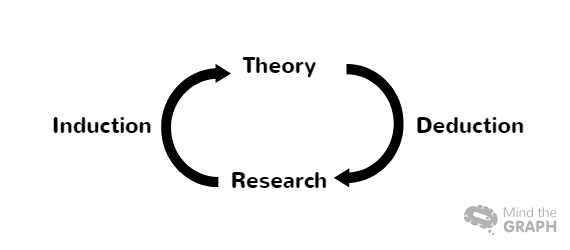
Examples of inductive research
- A researcher observes patterns in the behavior of a particular group of individuals and uses those patterns to develop a theory about the underlying psychological processes that drive their behavior.
- A researcher conducts a series of interviews with patients who have recovered from a particular disease and uses the information obtained to generate hypotheses about the potential causes of the disease.
- A researcher collects data on consumer behavior in a particular market and uses that data to identify trends and patterns that can inform marketing strategies.
Examples of deductive research
- A researcher formulates a hypothesis about the relationship between two variables and then tests that hypothesis through an experimental study.
- A researcher develops a theory about the impact of a particular policy on social outcomes and then collects data to evaluate whether the theory is supported by the evidence.
- A researcher uses existing theories about the causes of a particular disease to develop a set of predictions about the characteristics of individuals who are most likely to develop the disease and then tests those predictions through a survey or case-control study.
To learn more about inductive vs deductive research by watching this video on YouTube.
Running out of ideas for an infographic?
Mind the Graph is a powerful tool that helps scientists enhance the visual impact of their work and reach a wider audience. Mind the Graph‘s user-friendly interface and intuitive tools make it easy to create and modify graphics to suit individual needs. By using the platform’s figures and templates, researchers can effectively communicate complex concepts and data to a wider audience.
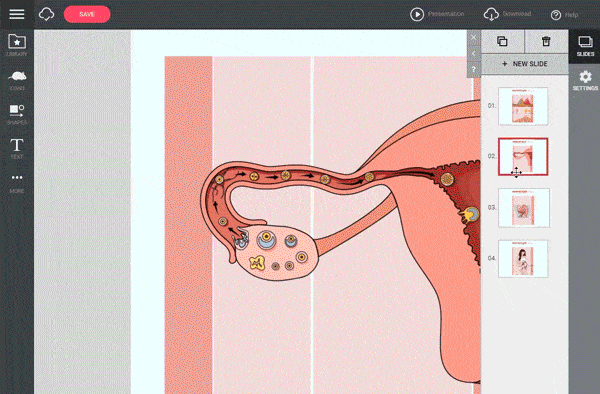

Subscribe to our newsletter
Exclusive high quality content about effective visual
communication in science.

